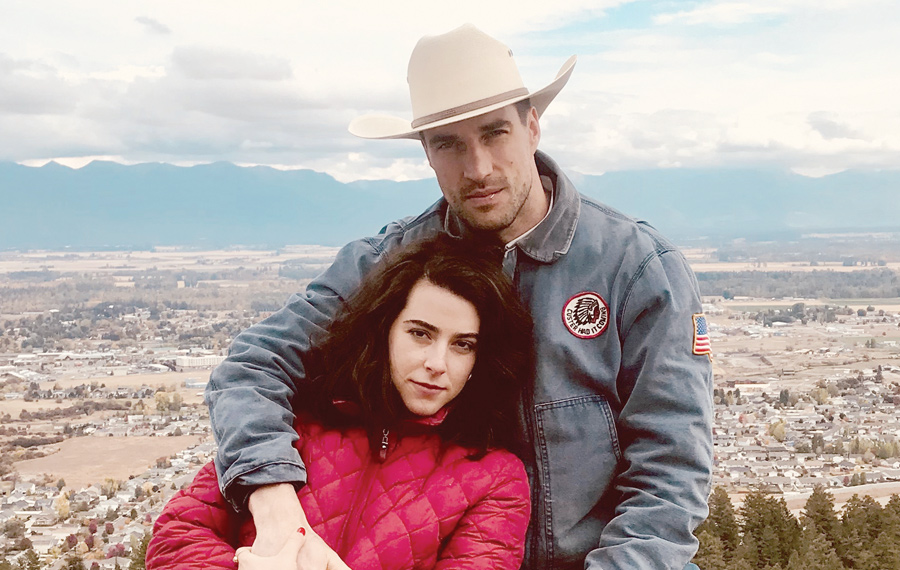
Almost a year after playwright Sam Shepard’s death from complications of ALS, local director Kymberly Harris decided to stage Shepard’s iconic 1983 play, “Fool for Love.”
Set in a cheap motel in the Mojave Desert, the play looks at the complex relationship of former lovers May and Eddie, and the secrets they have buried.
In an effort to have her cast of four actors capture and embrace the sparseness of Shepard’s world, Harris took them on a road trip to Montana, where they studied wild horses and took roping lessons.
At a recent rehearsal at Hollywood’s Lounge Theatre, where the play is scheduled to run Dec. 6–9 following a New York run, actors Andrew Dits and Sophia Silver (who play Eddie and May) were comfortable displaying their new roping skills.
“That trip to Montana was incredible, the bonding was amazing,” said George Oliver Hale, who plays the Old Man in the production and praised Harris’ openness and creativity.
“Kymberly’s vision,” Dits added, “always gives a lot of room for the actor to feel alive in the part.”
Harris, who comfortably straddles both theater and film, has enough experience to go out on a limb with her actors. She’s an acting teacher at The Lee Strasberg Film and Theatre Institute in West Hollywood, a playwright and a film director. Her recent film, “FAITH,” won Best Short at the 2018 New York International Film Festival.
“[My dad] grew up in these small, really rural Texas towns, so I come by this cowboy stereotype honestly. I always say I’m half Texan and half Jewish.” — Kymberly Harris
Harris’ background has allowed the actors in “Fool for Love” to trust each other during onstage moments of physical violence and hateful dialogue between Eddie and May that are difficult to watch. “You’ve really got to work yourself up for those scenes,” Dits said.
“But,” Silver added, “we bonded completely during rehearsal and on our [road] trip. I trust Andrew completely.”
In choosing to mount “Fool for Love,” Harris said, “What’s most relevant right now is the exploration of gender roles and how they are created in a world where there is clearly a stereotype of how to be masculine, which is formed by this cowboy culture.”
And in the era of the #MeToo movement, she added, “The question that becomes interesting to me is how to be a fully realized woman in relationship to a man’s identification with that stereotypical male role.”
Silver concurred. “Kymberly’s interpretation and vision is so poignant and powerful. How do you have this soul-mate connection, if you believe in that, and stay true to yourself and have your own independence as a sole human?”
“I feel it’s challenging to find your voice as a woman,” said Silver, who is 24. “Things are changing today and I’ve struggled with that a lot. I really resonated with [May’s] need for independence.”
The issues addressed in Shepard’s play are particularly important and poignant when juxtaposed with the current upheaval in America’s political, cultural and sexual landscape, Harris said.
“In the wake of Pittsburgh and the past couple of years, there’s such a long list of things politically that feel almost too difficult to fathom, and it would be easy to just shut down,” she said. “But I feel like creating art is the most redemptive and revolutionary act right now.
“One of the things that makes me want to shut down,” she added, “is this disease of toxic masculinity. I’m interested in being empathic to how it cages men as well as women.”
Harris said her Jewish background — “belonging to a culture but also being an outsider” — informed her decision to undertake this production. In her program notes, she wrote how Shepard “has created a space to explore the force of
love itself. To explore love without barriers, and to explore what certain barriers do
to love.”
Harris said she recently was inspired by a Martin Buber poem, entitled “What We Seek,” that was included in a booklet for Yom Kippur services held at IKAR, the congregation where she is a member.
During the production, she has found connections to Shepard that relate to their shared Midwestern roots. And she has been touched by the deaths of both the playwright and her father this past year. “I’ve spent a lot of time with both of them in my mind while directing [this play],” she wrote in the program notes.
“My dad has been influential exploring this piece,” Harris said. “He grew up in these small, really rural Texas towns. And his father was a railroad man. So I come by this cowboy stereotype honestly. I always say I’m half Texan and half Jewish.”
“Fool For Love” runs Dec 6–9 at the Lounge Theatre, 6201 Santa Monica Blvd., in Hollywood. For tickets and information, visit plays411.com/LoveLA
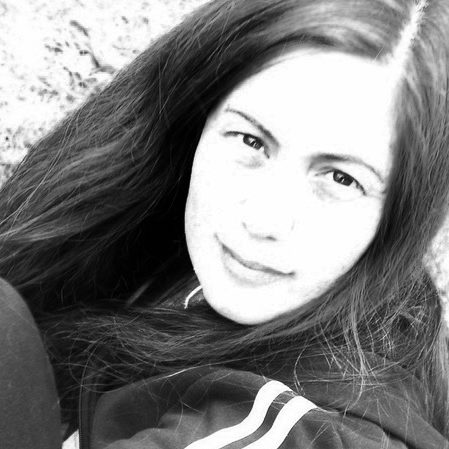






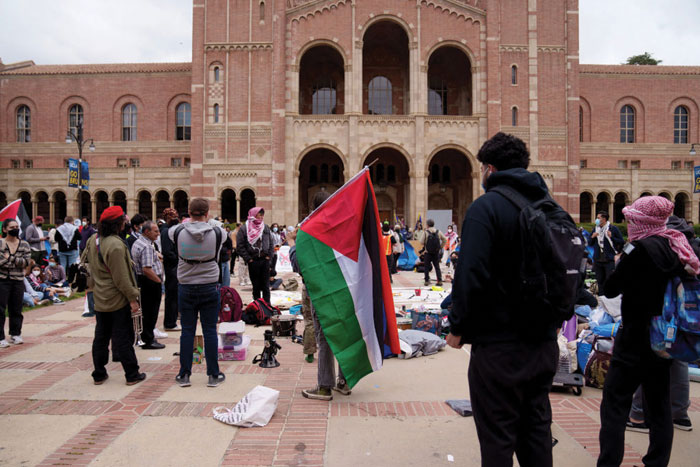
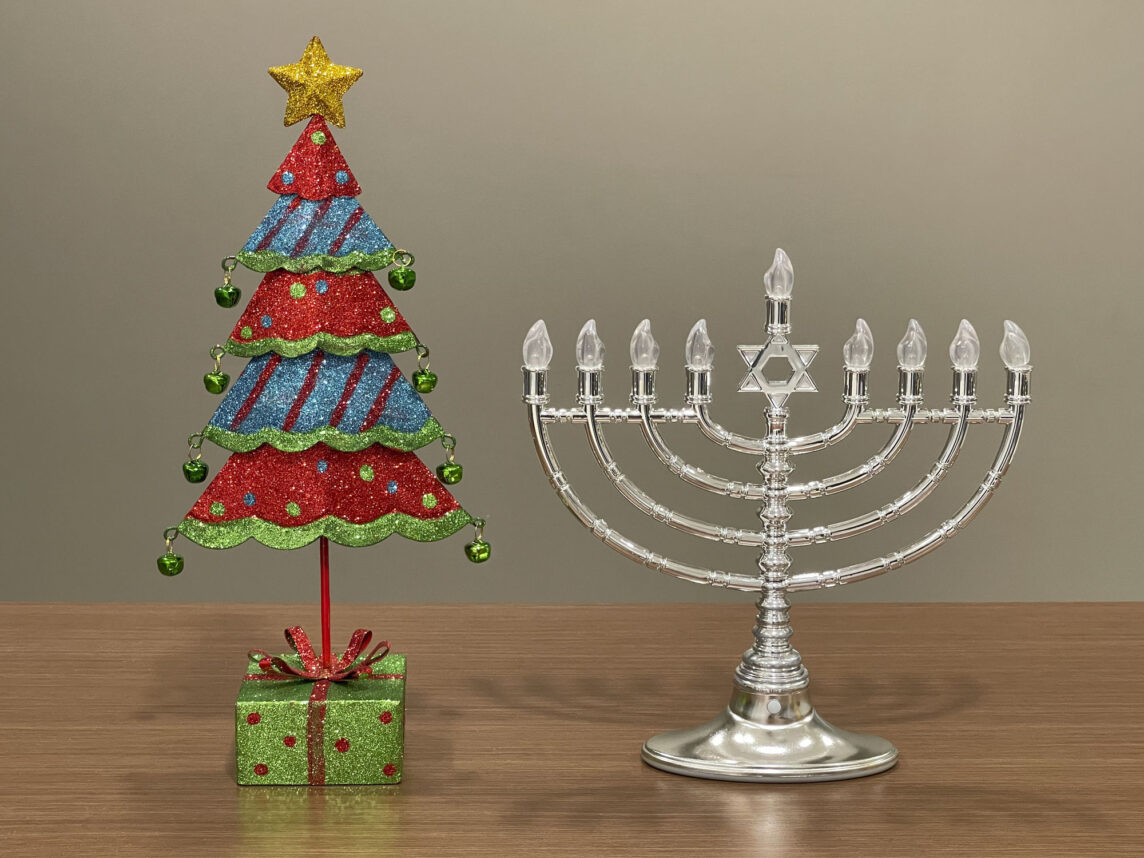
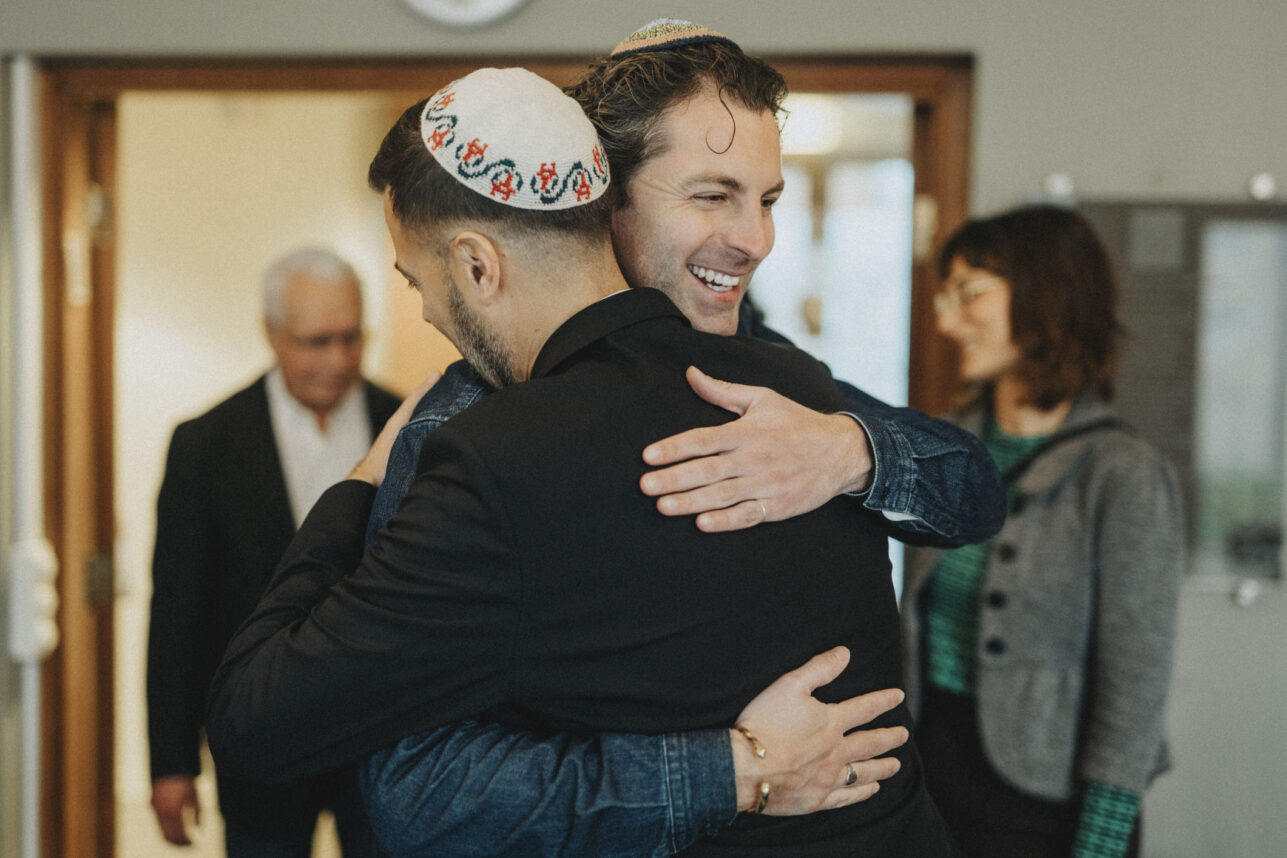
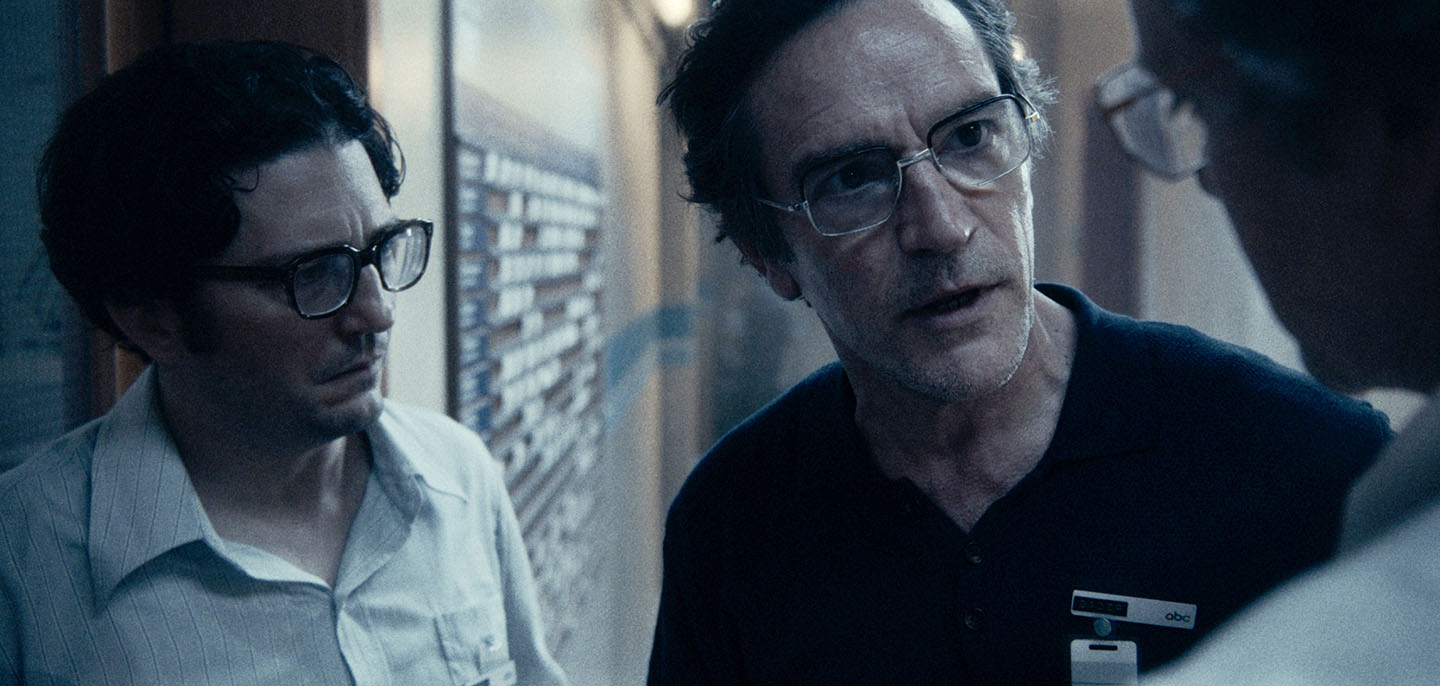
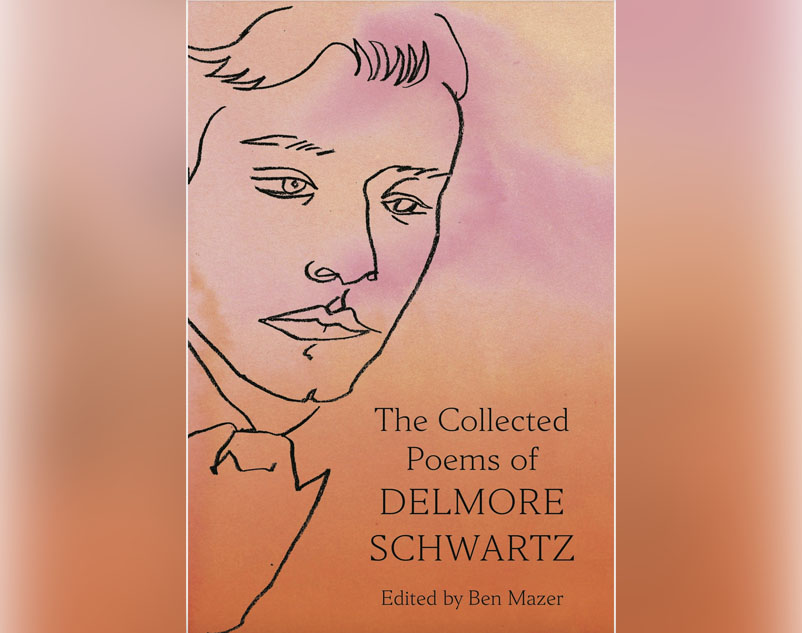

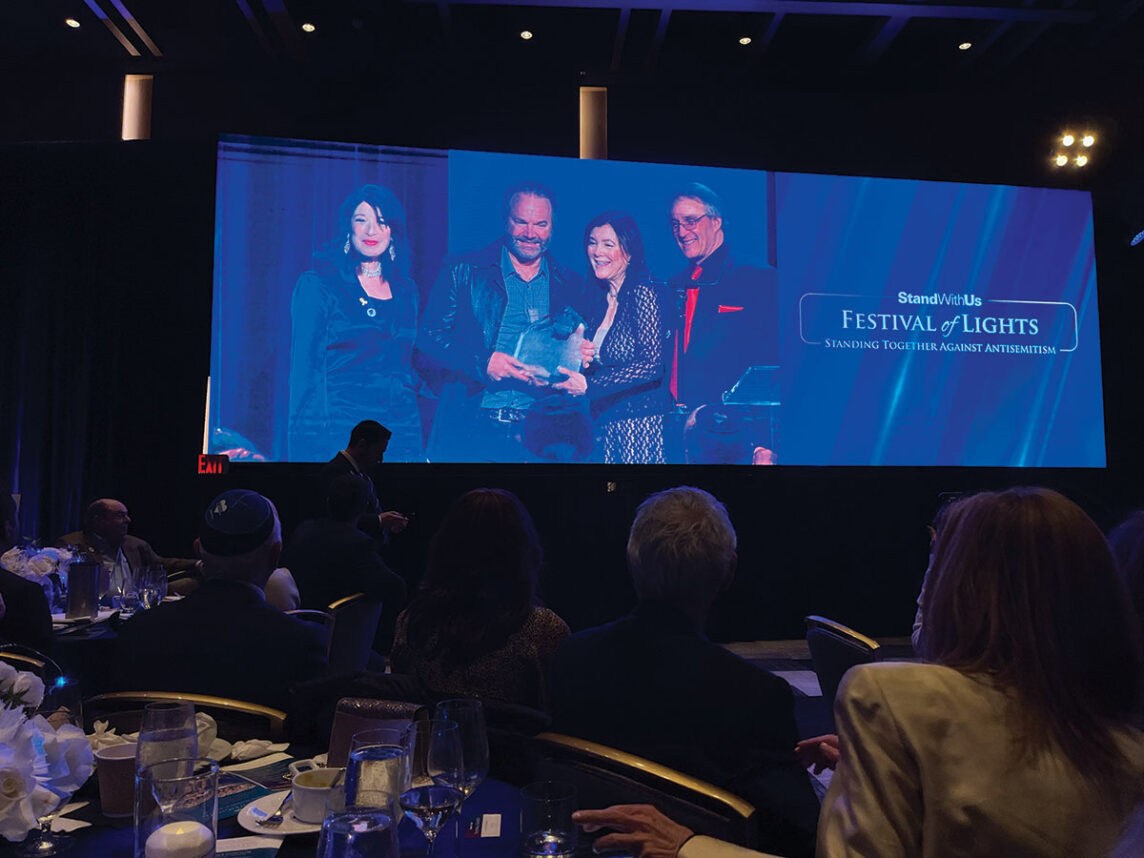
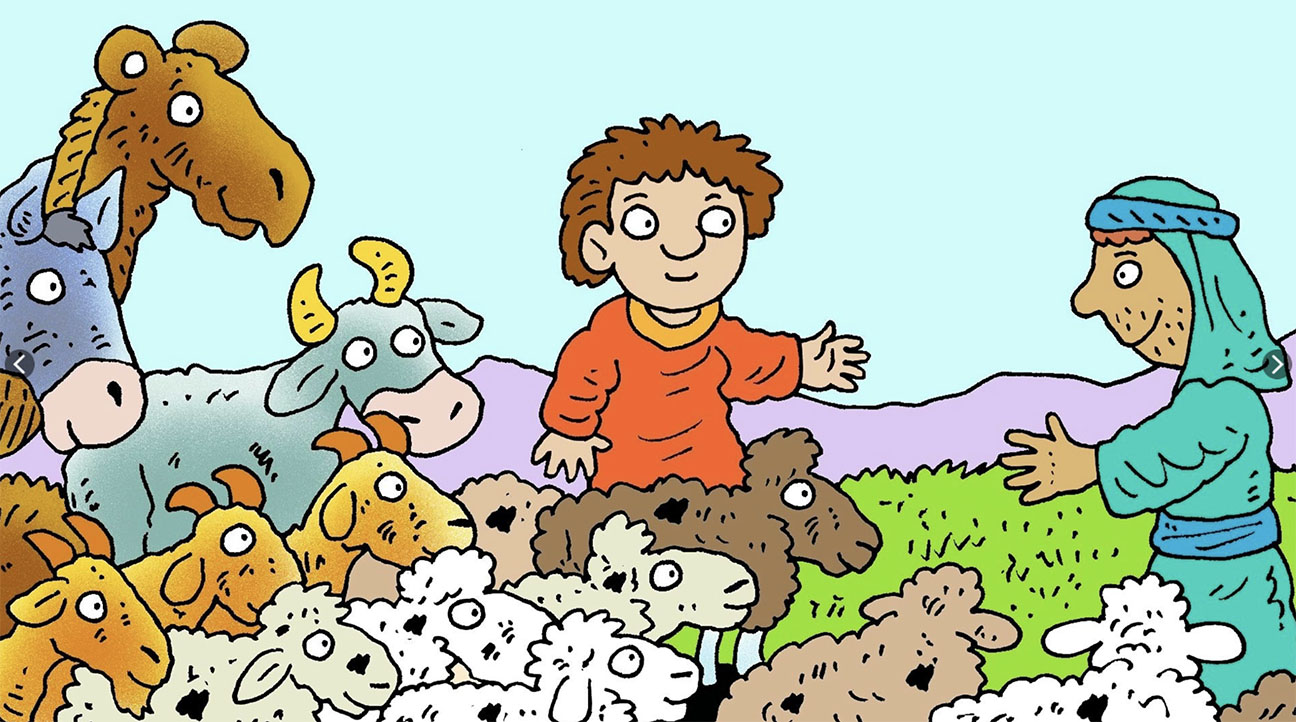
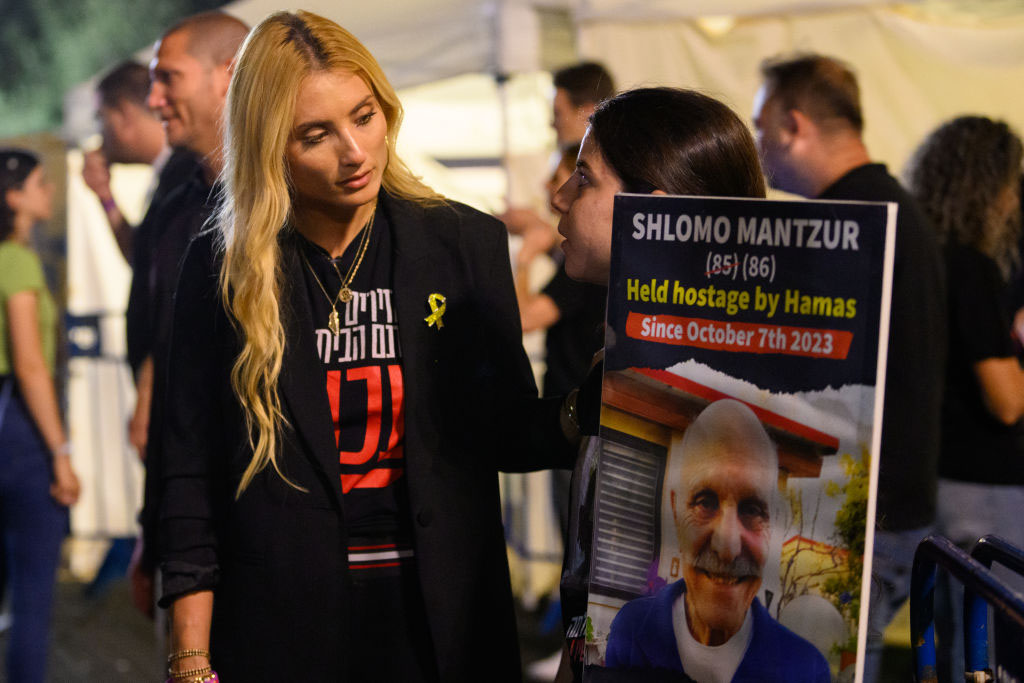
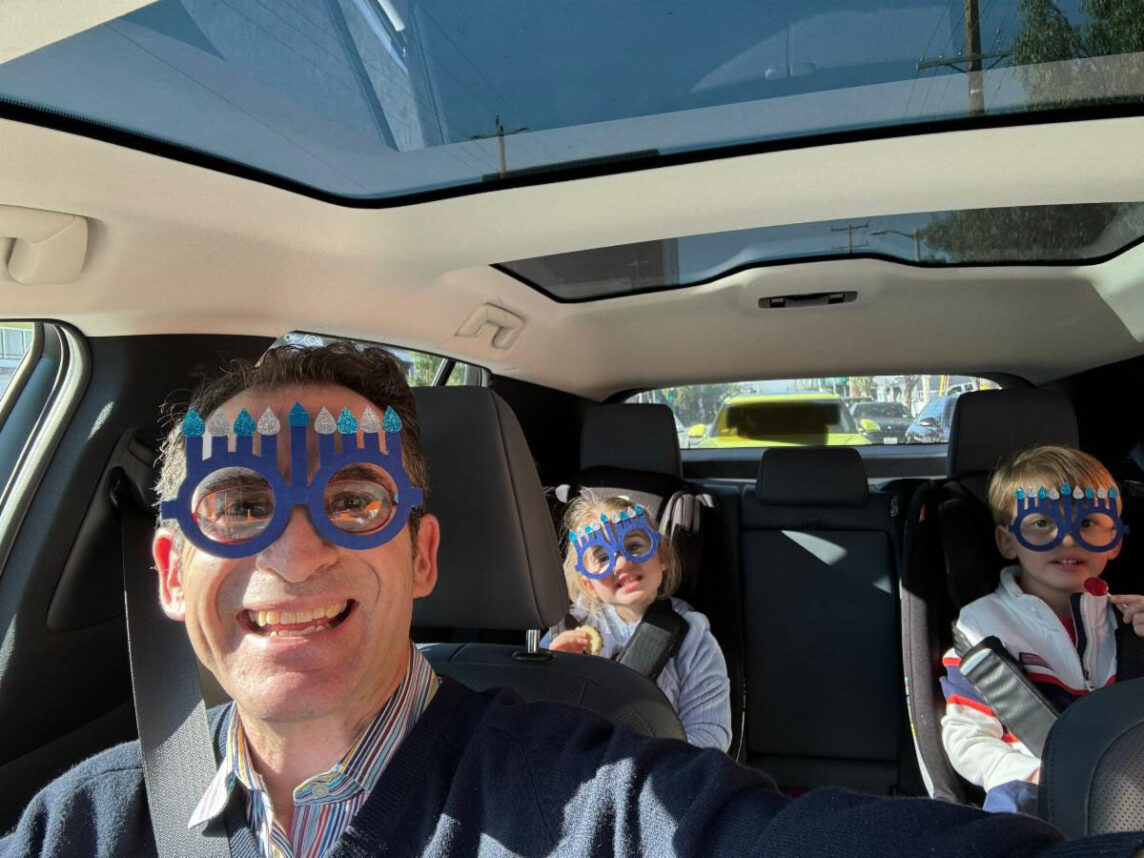





 More news and opinions than at a Shabbat dinner, right in your inbox.
More news and opinions than at a Shabbat dinner, right in your inbox.